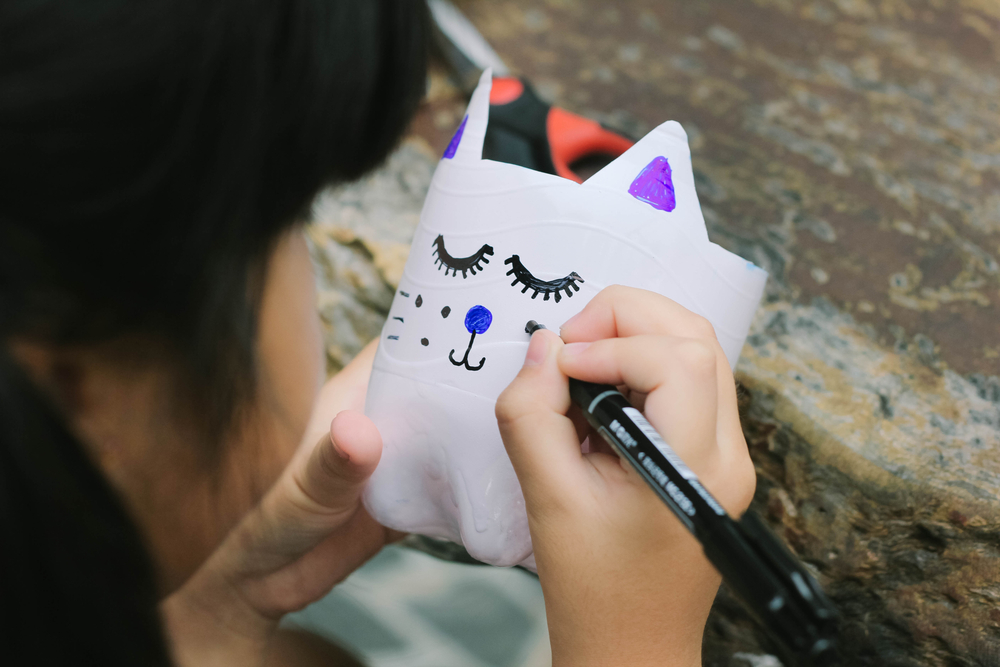Easy Alphabet worksheets activities for Ages 4-7
6 filtered results
-
From - To
Explore our engaging Easy Alphabet Worksheet Activities designed for children ages 4-7! These fun and interactive worksheets provide young learners with the perfect opportunity to develop their letter recognition and phonetic skills through coloring, tracing, and creative exercises. Our materials are crafted to promote early literacy while keeping children entertained and engaged. Whether at home or in the classroom, these activities encourage children to identify letters, practice handwriting, and boost their confidence in reading. Download our alphabet worksheets and watch your little ones embark on an exciting learning journey that lays a strong foundation for their future literacy skills!
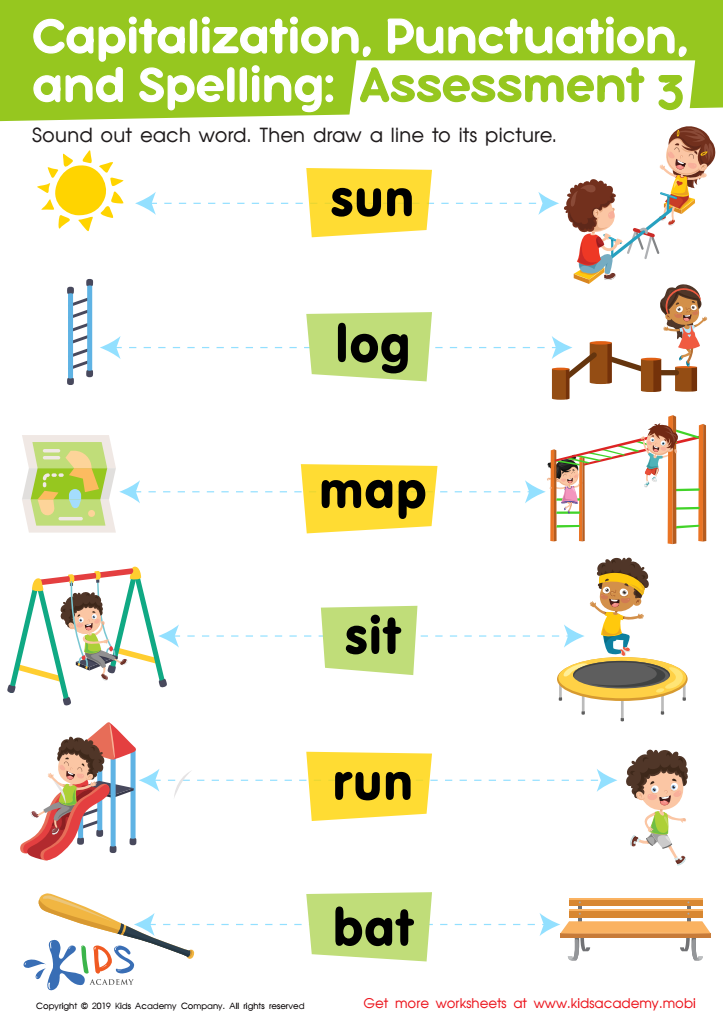

Capitalization. Punctuation. Spelling. Assessment 3 Worksheet
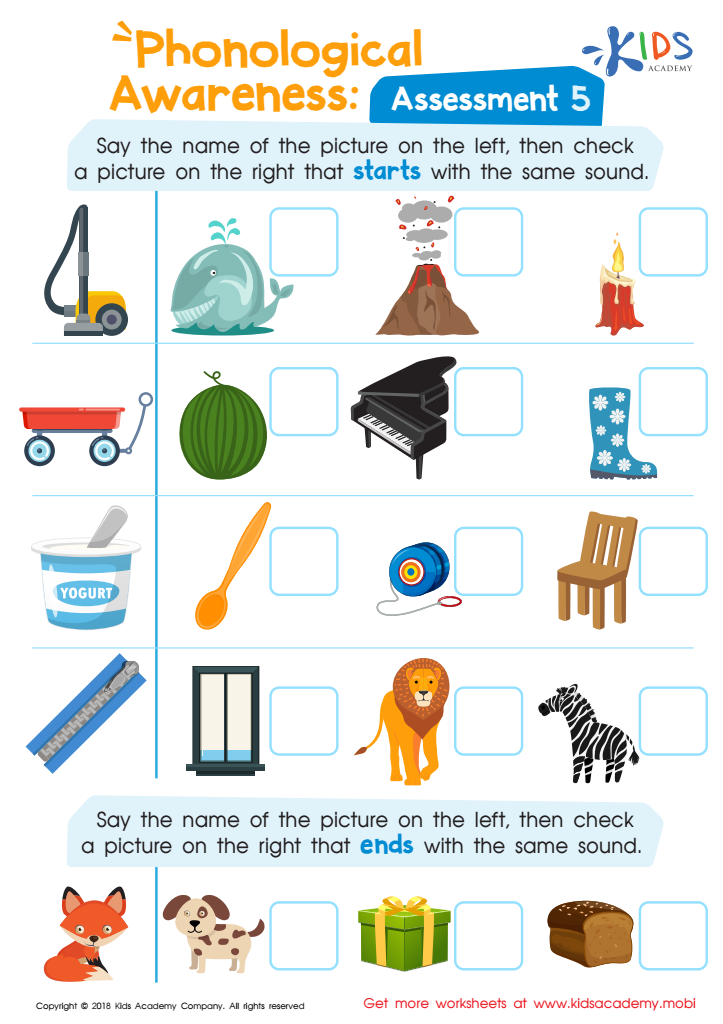

Phonological Awareness: Assessment 5 Worksheet


Phonics and Word Recognition: Assessment 1 Worksheet
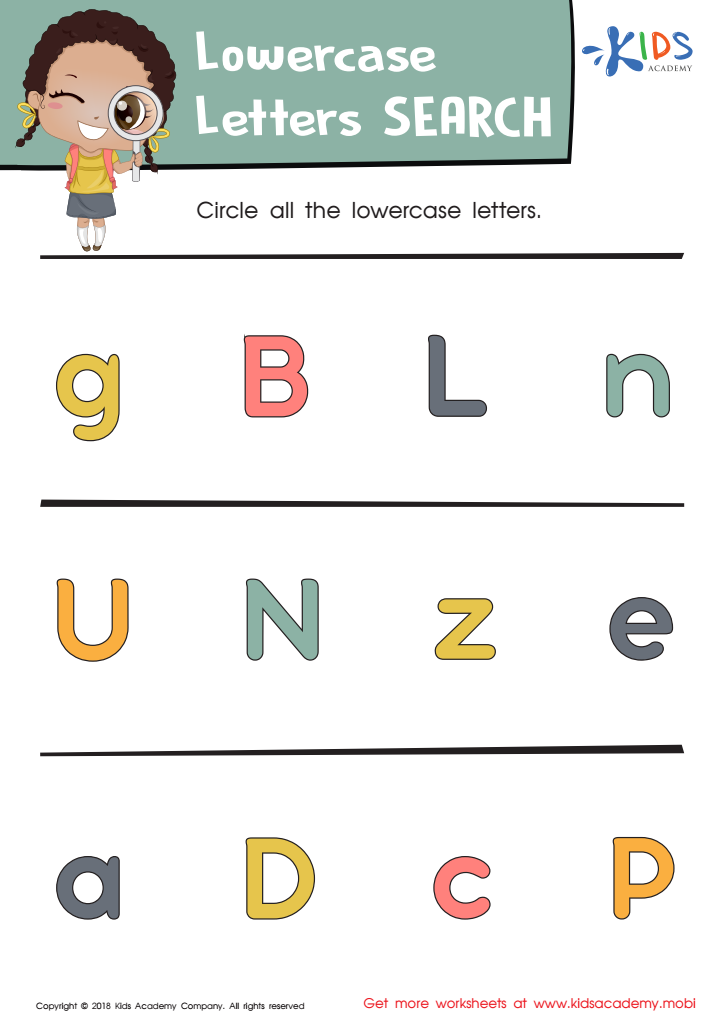

Lowercase Letters Search: Assessment Worksheet
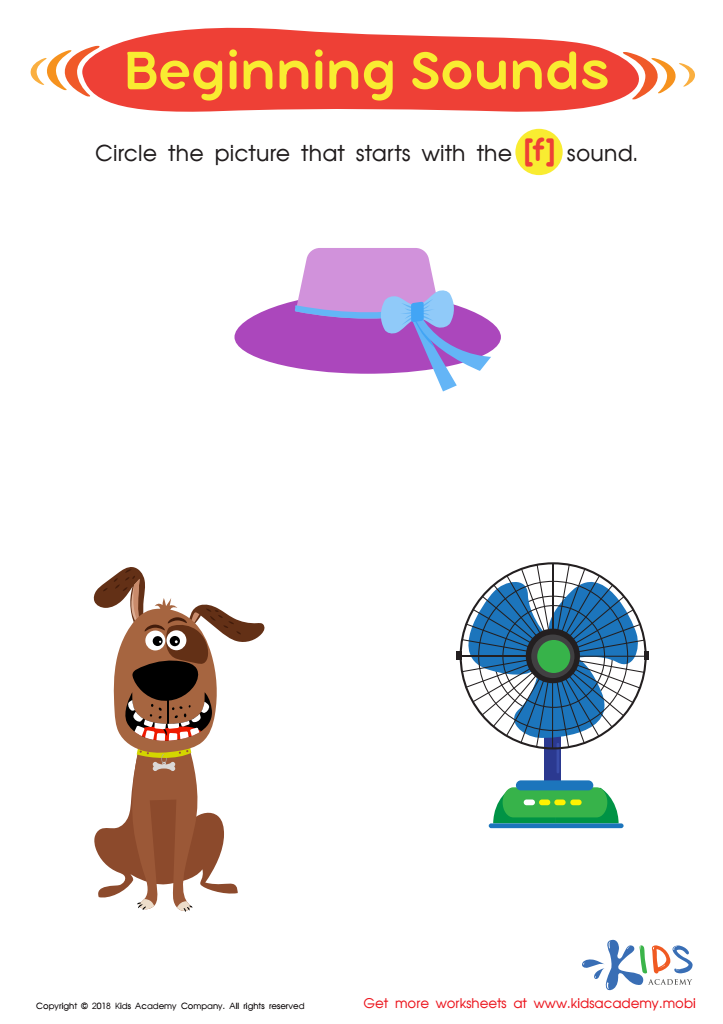

Beginning Sounds Assessment Printable
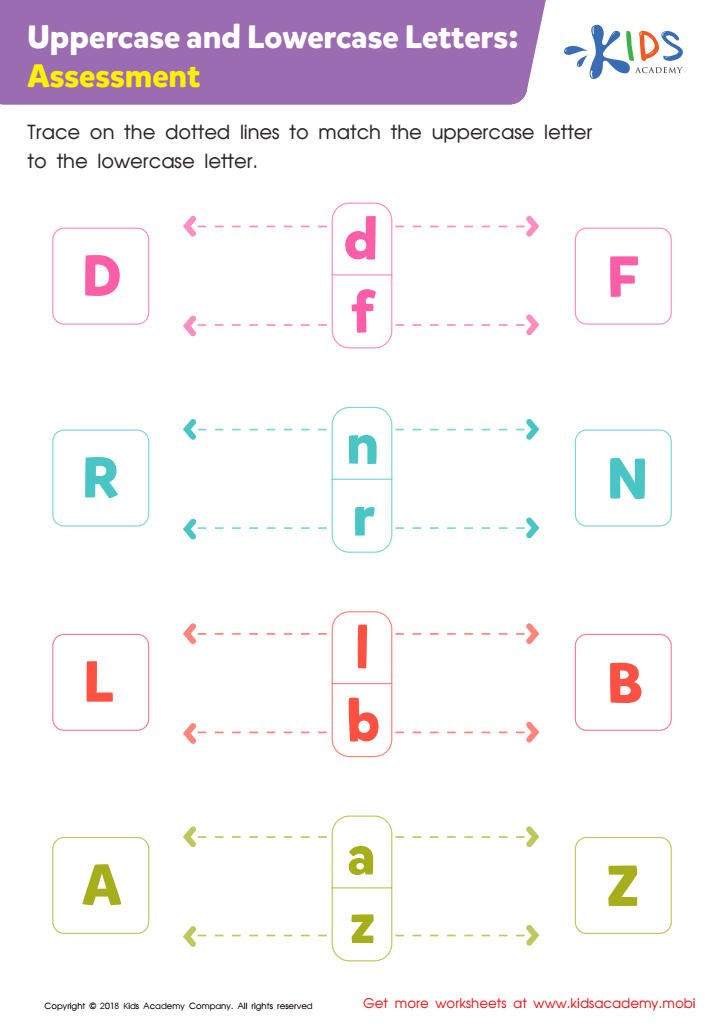

Uppercase and Lowercase Letters: Assessment Worksheet
Parents and teachers should care about Easy Alphabet activities for ages 4-7 because these activities lay the foundational skills needed for literacy development. At this age, children are naturally curious and eager to learn; engaging them with fun and interactive alphabet activities cultivates their interest in reading and writing. These activities enhance letter recognition, phonemic awareness, and sound-letter correspondence, all crucial for effective reading skills.
Moreover, Easy Alphabet activities promote fine motor skills and hand-eye coordination through tracing, coloring, and shaping letters. They also provide opportunities for children to practice visual discrimination, helping them differentiate between similar-looking letters—a vital skill as they advance in their literacy journey.
Additionally, these activities can be tailored to accommodate diverse learning styles, ensuring that each child is engaged and motivated to participate. This adaptability encourages a love of learning, solidifying literacy skills that contribute to lifelong academic success. By nurturing these early alphabet skills through engaging activities, parents and teachers can set the stage for confident readers who are well-prepared for future academic challenges. Ultimately, investing time in Easy Alphabet activities translates into long-term benefits for children’s educational and emotional development.

 Assign to My Students
Assign to My Students






